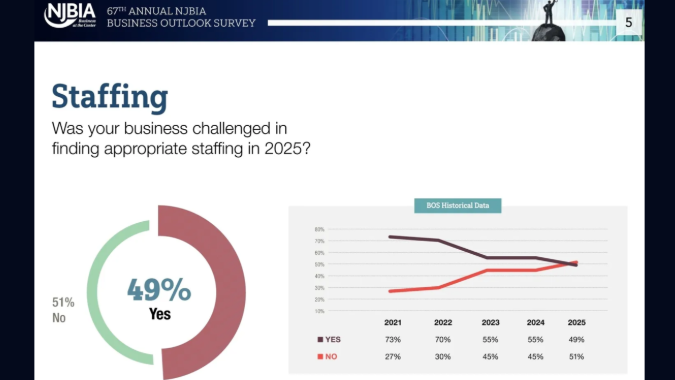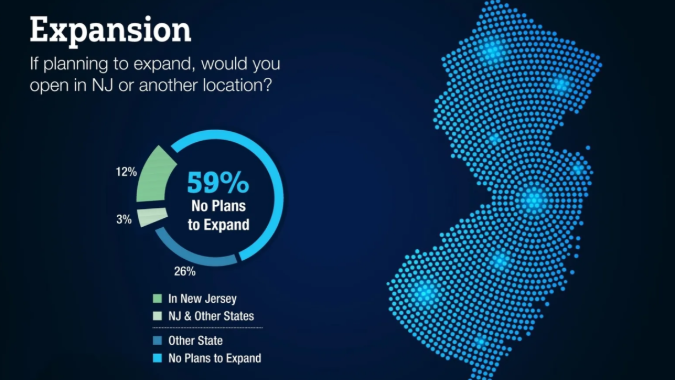 The Conference Board Consumer Confidence Index rose sharply again in April and is now at the highest level since February 2020 before the COVID-19 pandemic caused a wave of mandated business closures and historic unemployment.
The Conference Board Consumer Confidence Index rose sharply again in April and is now at the highest level since February 2020 before the COVID-19 pandemic caused a wave of mandated business closures and historic unemployment.
The Index now stands at 121.7, up from 109.0 in March. The Present Situation Index—based on consumers’ assessment of current business and labor market conditions—soared from 110.1 to 139.6. The Expectations Index—based on consumers’ short-term outlook for income, business, and labor market conditions—rose moderately, from 108.3 last month to 109.8 in April.
The monthly Consumer Confidence Survey, based on a probability-design random sample, is conducted for The Conference Board by Nielsen, a leading global provider of information and analytics around what consumers buy and watch. The cutoff date for the preliminary results was April 16.
“Consumer confidence has rebounded sharply over the last two months and is now at its highest level since February 2020,” said Lynn Franco, senior director of Economic Indicators at The Conference Board in a statement on Tuesday.
“Consumers’ assessment of current conditions improved significantly in April, suggesting the economic recovery strengthened further in early Q2,” Franco said. “Consumers’ optimism about the short-term outlook held steady this month. Consumers were more upbeat about their income prospects, perhaps due to the improving job market and the recent round of stimulus checks. Short-term inflation expectations held steady in April but remain elevated. Vacation intentions posted a healthy increase, likely boosted by the accelerating vaccine rollout and further loosening of pandemic restrictions.”
Consumers’ appraisal of current conditions improved significantly in April. The percentage of consumers claiming business conditions are “good” increased from 18.3% to 23.3%, while the proportion claiming business conditions are “bad” fell from 30.1% to 24.8%. Consumers’ assessment of the labor market also improved. The percentage of consumers saying jobs are “plentiful” increased from 26.5% to 37.9%, while those claiming jobs are “hard to get” declined from 18.5% to 13.2%.
Consumers’ optimism about the short-term outlook improved moderately. The percentage of consumers expecting business conditions to improve over the next six months rose marginally, from 40.3% to 40.5%, while the proportion expecting business conditions to worsen stood relatively unchanged at 11.9%. Consumers’ outlook regarding the job market was slightly less upbeat. The proportion expecting more jobs in the months ahead fell from 35.9% to 34.5%, while those anticipating fewer jobs rose from 14.4% to 15.5%. Regarding short-term income prospects, 17.9% of consumers expect their incomes to increase in the next six months, up from 15.4% in March. Those expecting their incomes to decrease fell to 10.9%, down from 12.6%.




